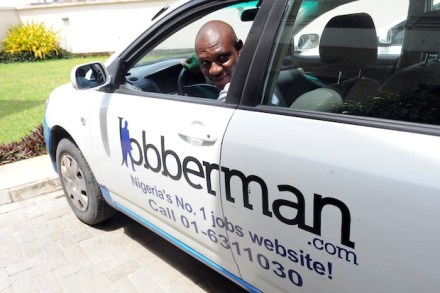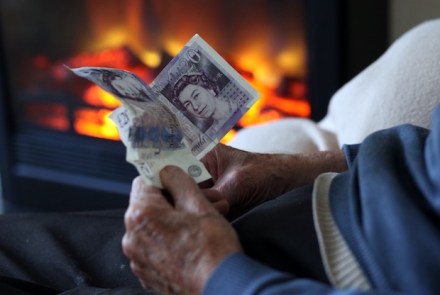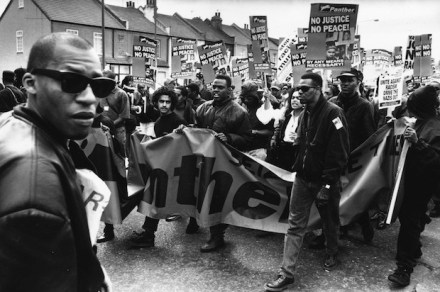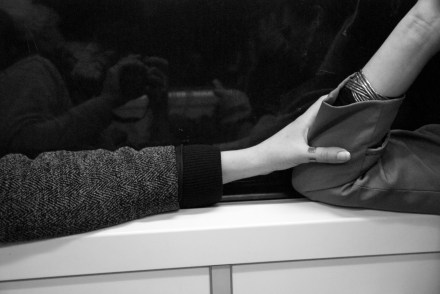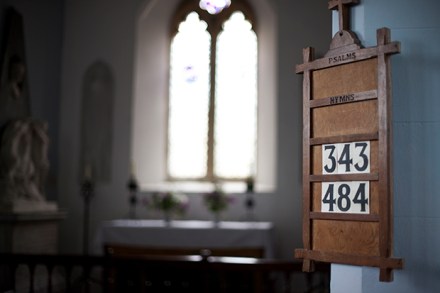Looking for a cure to Ebola? Try a western lifestyle
There is something depressing about the fact that it has taken a sick Spanish nurse to put Ebola back on the front pages. Since the summer, some 3,400 West Africans have died, but interest in the story here had waned. So long as the disease did not make the nine-mile leap across the Straits of Gibraltar, the moat which keeps all nasty things from Africa at bay from fortress Europe, a sense developed that it could quietly be forgotten — or left to the aid charities. No longer. Spain’s public health authorities are investigating how a nurse who treated two missionaries in a Madrid hospital — who had contracted the







